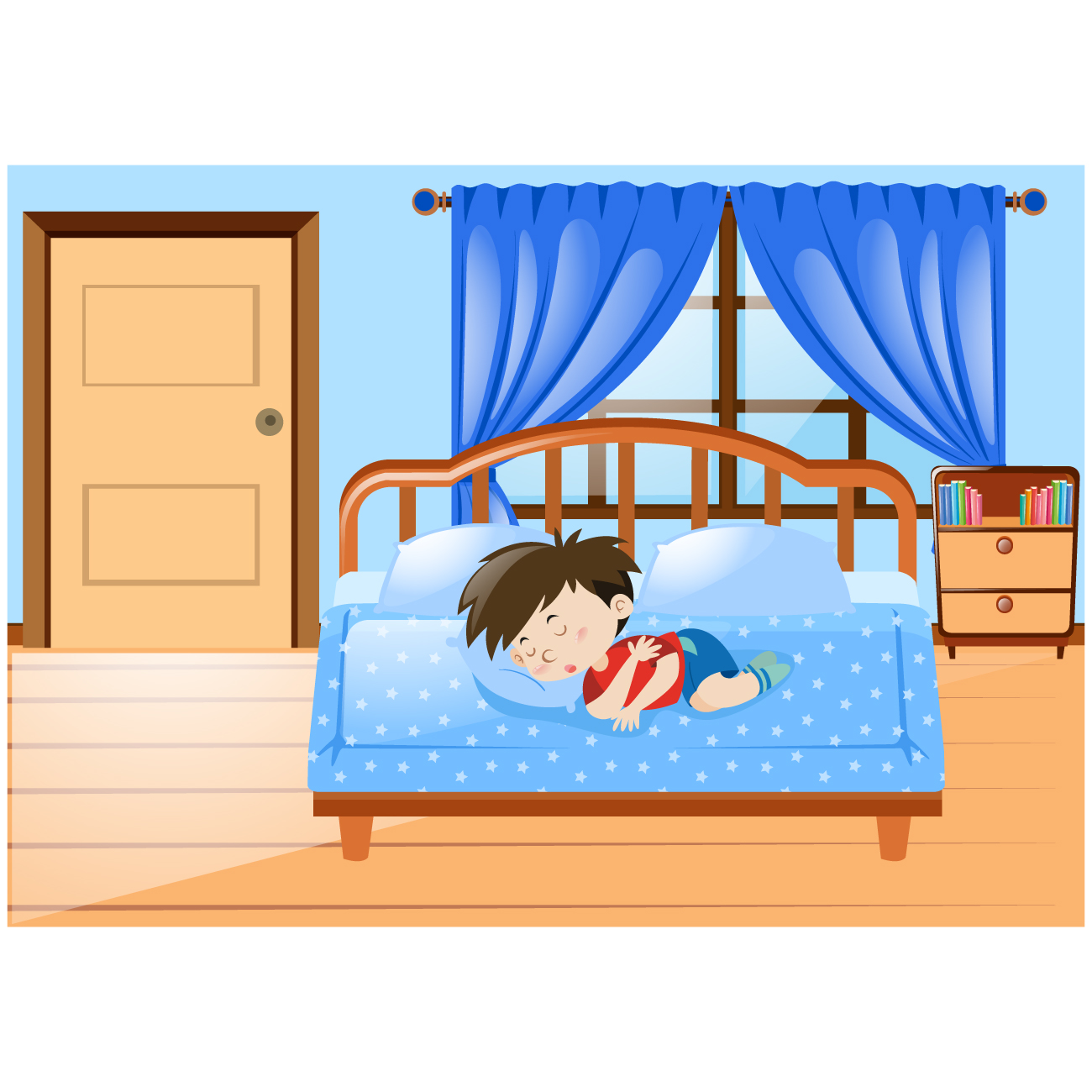Treatments Childhood illnesses Enuresis

Understanding Enuresis: A Common Yet Troublesome Condition
Enuresis is characterized by involuntary urination during sleep, typically occurring at night. While enuresis is a natural part of a child's developmental process, it can become a cause of concern when it persists beyond a certain age or starts affecting the individual's self-esteem and emotional well-being.
Enuresis, commonly known as bedwetting, is a widespread but often misunderstood medical condition that affects millions of people, especially children and adolescents. It is characterized by involuntary urination during sleep, typically occurring at night. While enuresis is a natural part of a child’s developmental process, it can become a cause of concern when it persists beyond a certain age or starts affecting the individual’s self-esteem and emotional well-being.
In this article, we will delve into the causes, types, potential treatments, and coping strategies related to enuresis, aiming to raise awareness and dispel the stigma surrounding this condition.
Types of Enuresis
Enuresis is broadly classified into two main types:
Causes
The exact causes of enuresis can vary from person to person and may involve a combination of physical, psychological, and genetic factors. Some common underlying causes include:
Treatment Options
Treatment for enuresis typically depends on its type, severity, and underlying causes. Here are some common approaches:
Coping Strategies
Coping with enuresis can be challenging, especially for children and adolescents. Here are some helpful strategies:
Homeopathic Approach
Homeopathy offers a holistic and individualized approach to addressing enuresis. If you or your known are facing any issues; feel free to contact Dr. Singh’s Homeopathy. While conventional medical treatments exist, homeopathic remedies, in conjunction with lifestyle measures, provide a complete cure to bedwetting. It is important to consult with Dr. Singh’s Homeopathy for personalized guidance and to ensure an appropriate treatment plan. Remember, each individual is unique, and what works for one person may not work for another. Patience, understanding, and a comprehensive approach are key when seeking solutions for enuresis through homeopathy.

